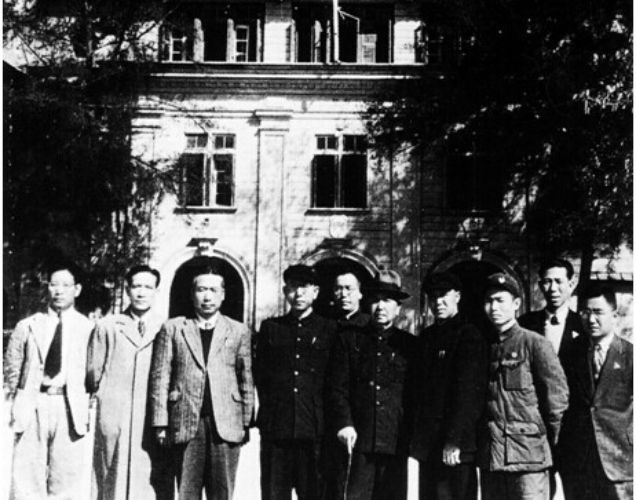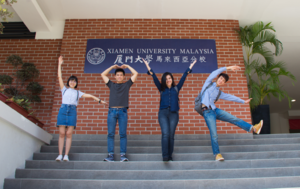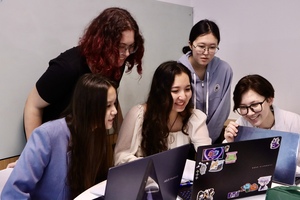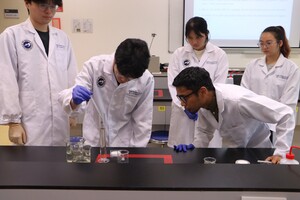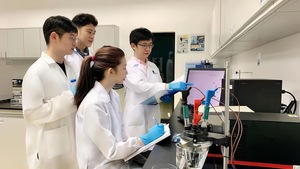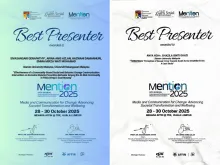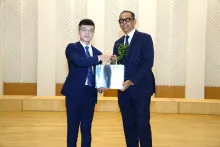XMUM Study Explores Ethical Factors Behind Students' Use of ChatGPT
The Research and Postgraduate Centre congratulates Assoc. Prof. Dr. Ahadzadeh Ashrafsadat (first and corresponding author) and Prof. Dr. Wang Changsong from the School of Communication, for their recent research article published in Educational Technology & Society, an SSCI Q1 journal with the latest impact factor of 6.3.
This research project is conducted in collaboration with Dr. Wu Shin Ling from Sunway University, and financially supported by the Xiamen University Malaysia Research Fund (XMUMRF/2022-C9/IART/0014).
The article, titled "Integrating cognitive moral development theory into the theory of planned behaviour: Predicting the intention to use ChatGPT for academic purposes", offers a theoretically grounded examination of how ethical judgments, informed by Cognitive Moral Development Theory, influence behavioural intention. Specifically, it explores how disapproving ethical evaluations, directed at individuals who rely solely on ChatGPT-generated content for academic work without engaging in any cognitive effort, reflection, or intellectual contribution, moderate the established relationships among attitude, subjective norms, and perceived behavioural control, as documented in prior applications of the Theory of Planned Behaviour.
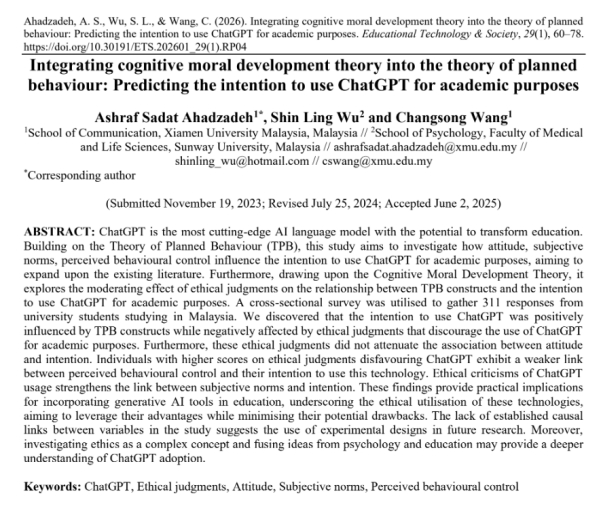
The article can be accessed at: https://www.j-ets.net/collection/forthcoming-articles/29_1
Image
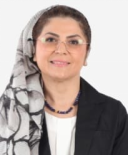
| Dr. Ahadzadeh Ashrafsadat is an Associate Professor at the School of Communication, Xiamen University Malaysia. Her research interests include health communication, digital health, emerging technologies, and their impacts on various aspects of life. Her dedication to rigorous scholarship is reflected in her publication record, with several of her studies published in highly prestigious SSCI-indexed journals, particularly in Q1 and Q2 quartiles. |
Image
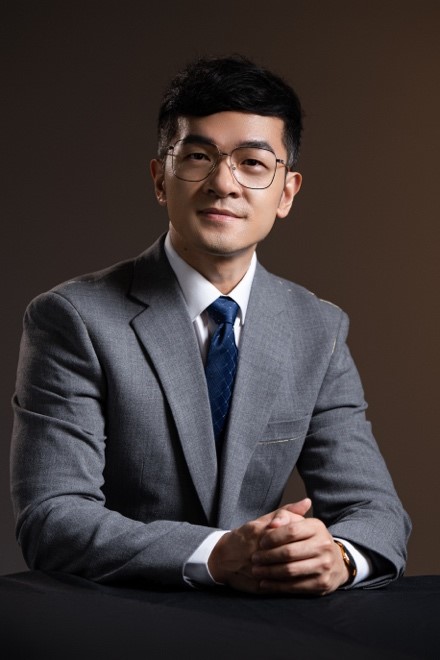
| Prof. Dr. Wang Changsong is the Dean of School of Communication, Xiamen University Malaysia. His research interests span cultural studies, film studies, and media studies. He currently serves on the editorial boards of several Web of Science (WoS)-indexed journals, contributing his expertise to the advancement of interdisciplinary scholarship in communication and cultural research. |

